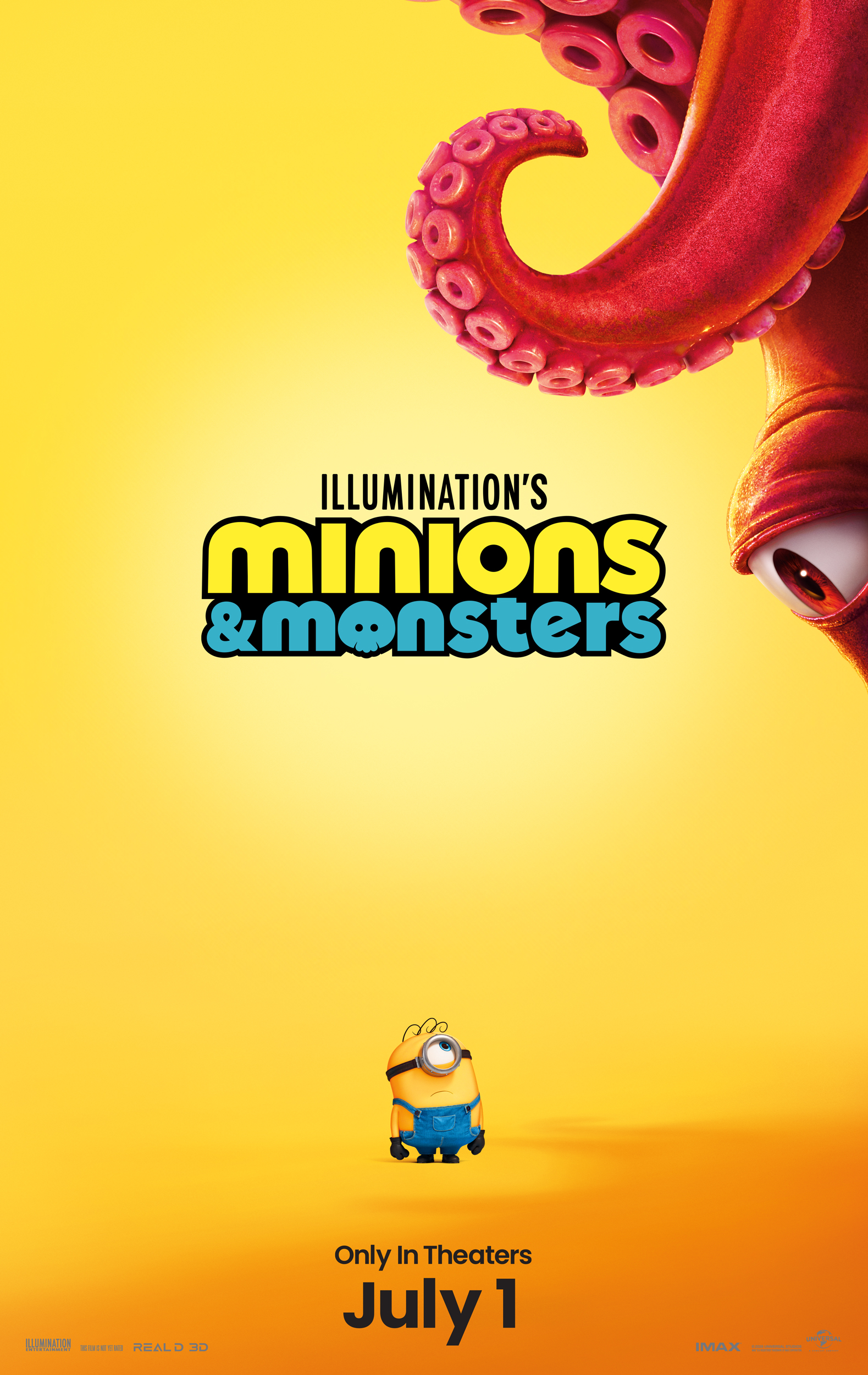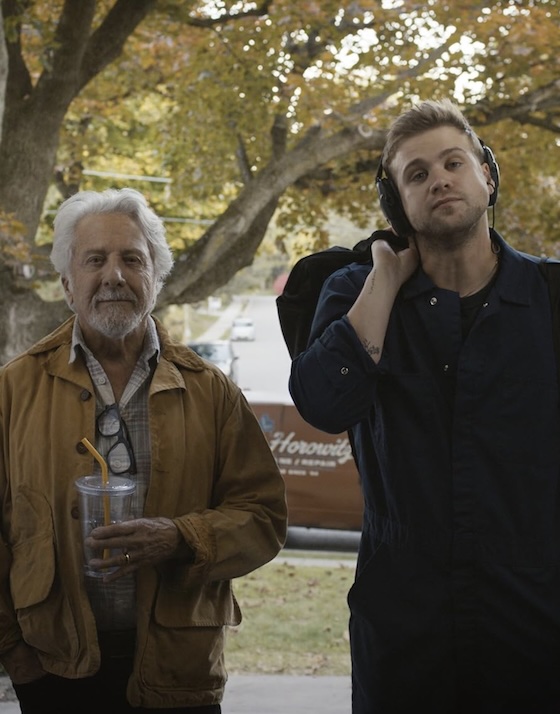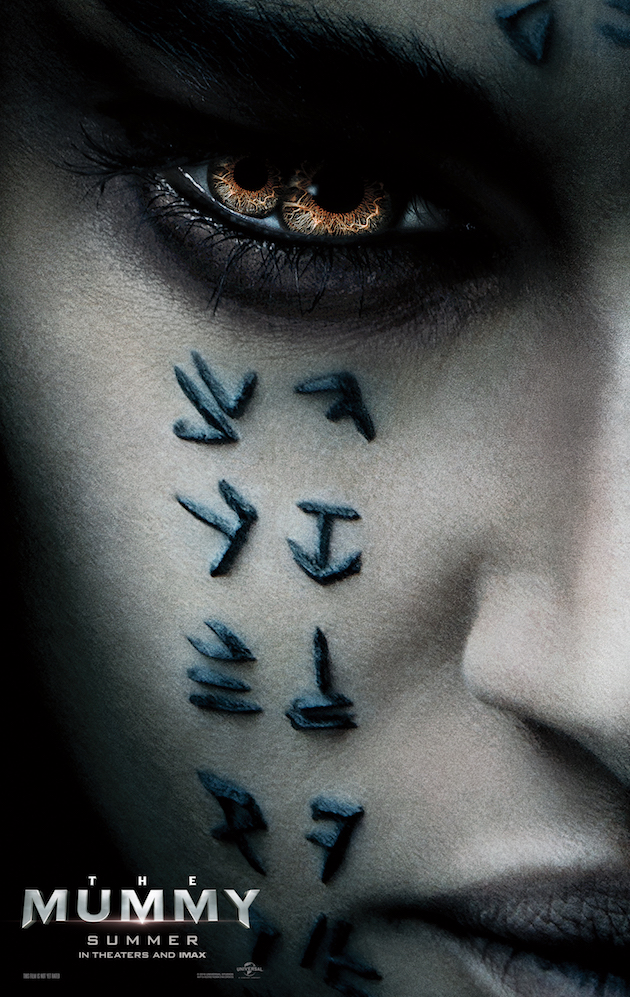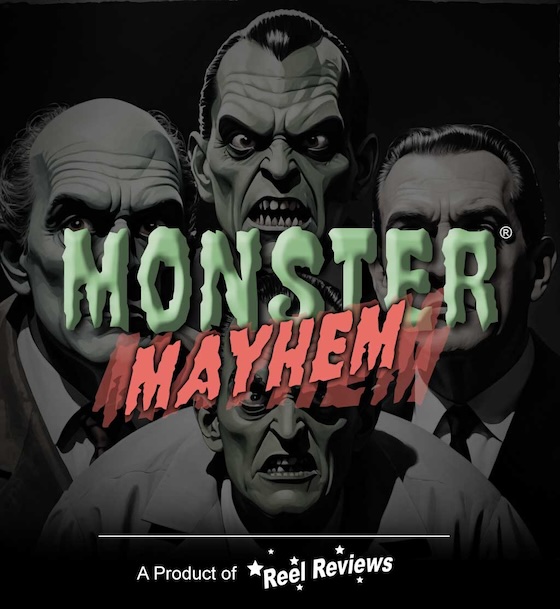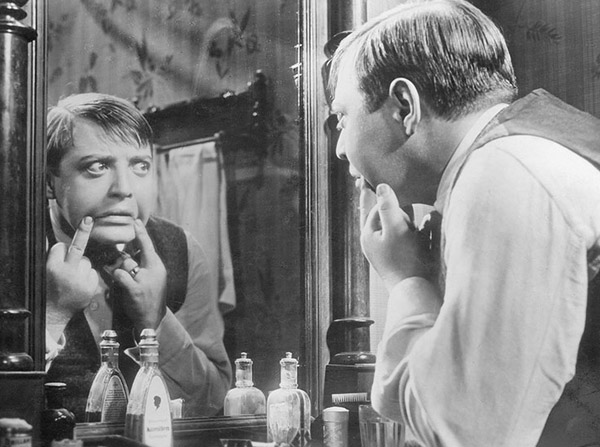
|
From the opening seconds of Fritz Lang’s M the audience becomes aware of a fearful presence – a heavy, shadowed man lurking about in the corners – that seems to relish in the sounds of innocent children playing in the street. One girl in particular seems to savor her words as she sings about a murderer of children; it is pure innocence at stake here and they know not of the meaning in their childish songs. As M continues to unfold its murderous and harrowing story, it certainly becomes hard to believe that this film represents Lang’s first sound feature and, as one witnesses the dialogue overlapping into the next sequence, one understands just what a marvelous piece of film history Lang created circa 1931.
M is a monster of a narrative that still resonates with audiences. Peter Lorre plays Hans Beckert, a child molester and a serial killer, who descends upon the innocent children of Berlin and steals them away. Pursued by the police, namely Inspector Karl Lohmann (Otto Wernicke), using the latest cutting-edge techniques known to the crime-fighting world such as fingerprinting and handwriting analysis, and hunted by Berlin’s own criminals, Beckert quickly finds himself at odds with a blind man (Georg John) and Der Schränker (Gustaf Gründgens, most famous for his turn as Mephistopheles in Goethe's Faust). Entirely unaware of the forces conspiring against him, Beckert is identified with a simple chalky slap on the back and his trial for his crimes, as unsettling as they sound, are made public for all to bare witness to as he begs for understanding.
Darkly rich in mood and setting, Lang’s first attempt at a full-length sound feature simply rolls along with that fact going largely unnoticed; it’s that perfect. This is a master filmmaker at work; it’s as if he has been working with sound all his life. The sound textures are layered and, in fact, add to the string-tight tension throughout the film. From the children playing in the street to the choked cries of Beckert, the sound is eeriely complex and sorted with depth and psychological understanding. There is something - on a psychological aural level – at work here that toys with its audience and sets them up for a harrowing tale about the death of innocence in the face of understanding.
Previously known as a comedic actor, Lorre delivers an inspired performance of evil incarnate without going over-the-top which was so common an occurrence in the 1930’s world of film acting. In one of the final scenes – in which he awaits his final judgment – Lorre’s pleading stare, imploring and sorrowful, is a fine moment of an actor’s measured control; this is why his career was rescued after fleeing the Nazi controlled Germany and this is how he came to be cast in Hitchcock’s original version of The Man Who Knew Too Much.
While best known for his groundbreaking silent masterpiece Metropolis, Lang puts his stamp on the world of sound with this psychological thriller that remains as clever and as chilling as it did in 1931. Fresh in focus and perspective, Lang’s turn at filming the dark shadows of the street and tightly-skewed drunken pursuits of the criminal mind in M single-handedly ushered in an era of film at its most dangerous and expressionistic and gave the world a new genre in film noir.
|
||||||||||||||||||
Blu-ray Details:
Criterion Collection
Screen Formats: 1.2:1
Subtitles: English
Language and Sound: German: LPCM Mono
Again, no studio treats a film the way Criterion does. No one. The Blu-Ray edition thankfully presents the film in its correct 1.19:1 aspect ratio, with restored sound and includes the recently discovered 1932 British version with an extended running time. This is a part of the continuing Criterion Collection and, as a result, comes with a 48-page booklet, which includes an interview with Fritz Lang, specs of a missing scene, and an essay by historian Robert Fischer. The loaded disc, this is Criterion after all, also features the following in-depth features:
Supplements:
Two Commentaries:
German film scholars Anton Kaes and Eric Rentschler, Film restoration expert Martin Koerber, filmmaker Peter Bogdanovich, historian Torsten Kaiser all alongside excerpts from Bogdanovich's 1965 audio interviews with Lang
Featurettes:
- The “lost” M: The original 1932 British release version of 'M', presented in its entirety, recently rediscovered after 70 years, featuring different actors, alternate takes and Peter Lorre's first performance in English
- Zum Beispiel Fritz Lang: a 1968 documentary with Fritz Lang discussing his career in German cinema and its lasting affect on film history
- Conversation with Fritz Lang: a 50-minute interview with the director by William Friedkin which is very illuminating for both artists
- Classroom Audiotapes: Editor Paul Falkenberg discussing his cut of M and its history alongside clips of the feature
- M le maudit: a short film, directed by Claude Chabrol, inspired by Lang’s movie
Photographic Gallery: a collection of behind-the-scenes stills and photographs that annotate the making of the film
Restoration Documentary: a detailed documentary that covers the film, its convoluted history of censorship and edits, and its new restoration.
{pgomakase}

